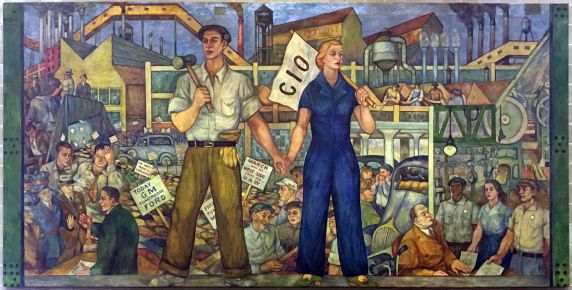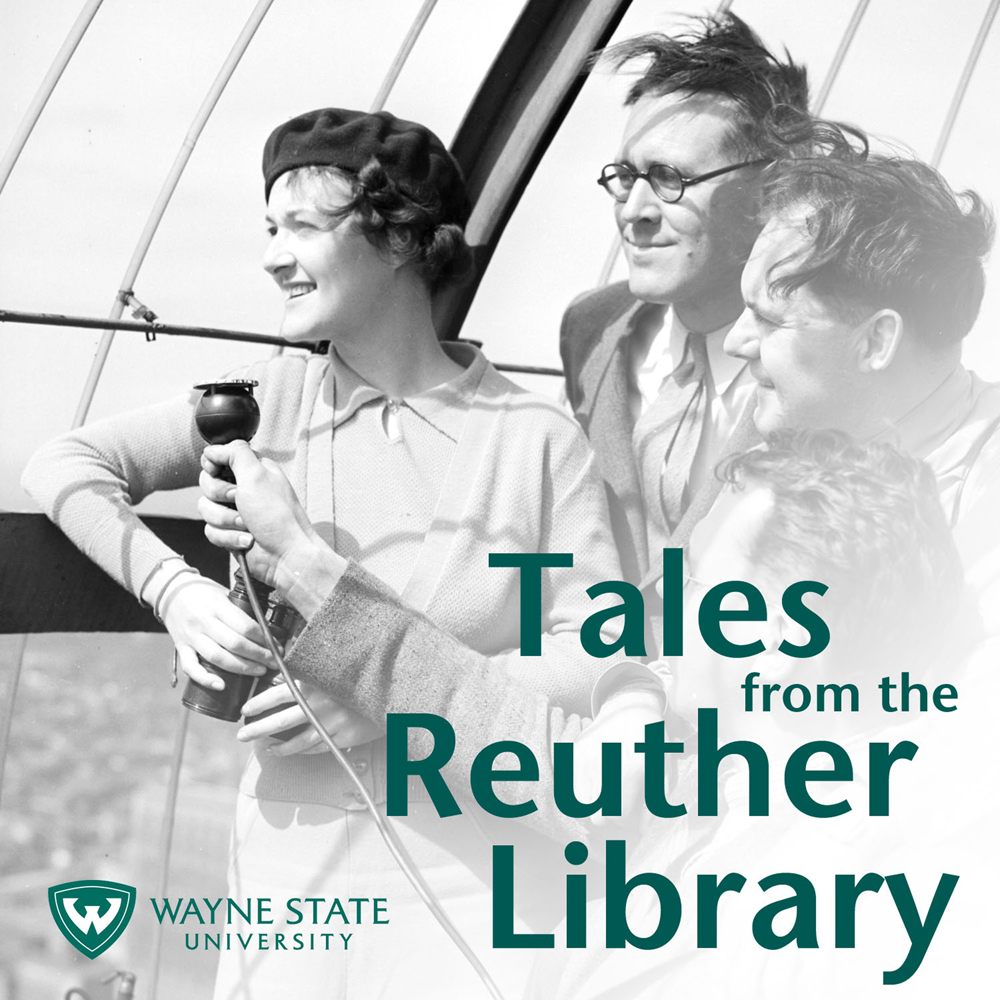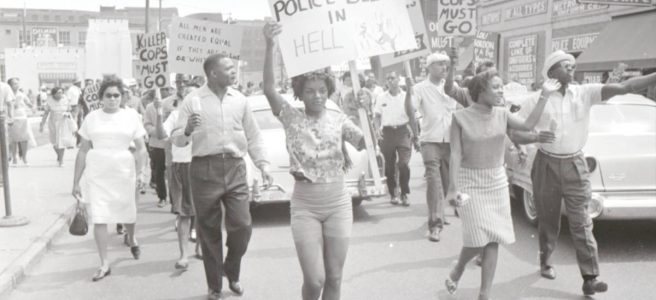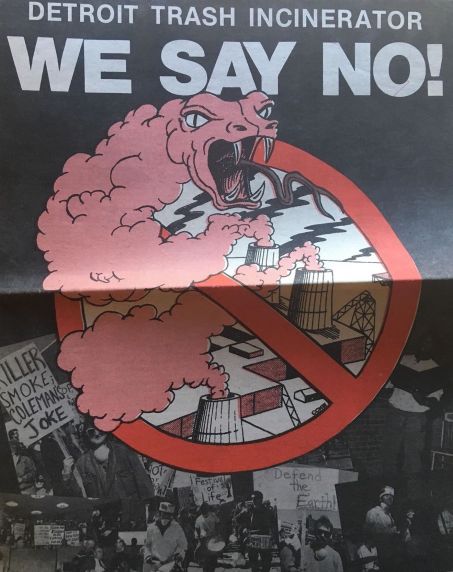Dr. Jay Cephas considers two Depression-era murals in Detroit and their contrasting messaging about workers, labor, and power. Diego Rivera’s famed Detroit Industry murals, commissioned by Edsel Ford for the Detroit Institute of Arts in 1932, champions industrial and technological progress and the factory workers who fueled it. In contrast, Walter Speck and Barbara Wilson’s 1937 untitled mural, which originally hung in the UAW Local 174 union hall and now hangs behind the reference desk at the Reuther Library, champions the progress those industrial workers made laboring for their own welfare via union action.
Dr. Cephas is Assistant Professor of the History and Theory of Architecture at Princeton University. His essay “Detroit Industry and ‘The Mural’: Representing Labor and Reappropriating Care in the Museum and in the Union Hall,” was published in the 2023 volume, Architectures of Care: From the Intimate to the Common.
Related Resources:
“Detroit Industry and ‘The Mural’: Representing Labor and Reappropriating Care in the Museum and in the Union Hall”
Collection Spotlight: UAW Local 174 Mural
Detroit Industry, North Wall
Detroit Industry, South Wall
Detroit Industry, West Wall
Detroit Industry, East Wall
Episode Credits
Interviewee: Jay Cephas
Producers: Dan Golodner and Troy Eller English
Music: Bart Bealmear
Podcast: Play in new window | Download | Embed
Subscribe: Apple Podcasts | Spotify | Android | Podchaser | RSS | More



